Vegan Globetrotter is supported by our audience. When you purchase through one of our links, we may earn a small affiliate commission. As an Amazon Associate I earn from qualifying purchases. Your cost is not affected.
==================
Managing blood sugar levels is a concern for many individuals, especially those living with diabetes or prediabetes. While traditional medication to treat diabetes, is often the go-to remedy, a surge of interest has grown around natural supplements and herbs as alternatives or complements to conventional treatments. Among these, certain herbs that lower blood sugar fast stand out for their potential to provide quick results.
Herbs That Lower Blood Sugar Fast: Effective Natural Remedies
Incorporating herbs and spices into one’s diet has been a practice rooted in various traditional medicine systems for centuries. Modern scientific research has begun to investigate these plants’ abilities to affect blood sugar levels. Herbs such as cinnamon, fenugreek, and gymnema have shown promising results in this regard, suggesting they could play a role in blood sugar management.
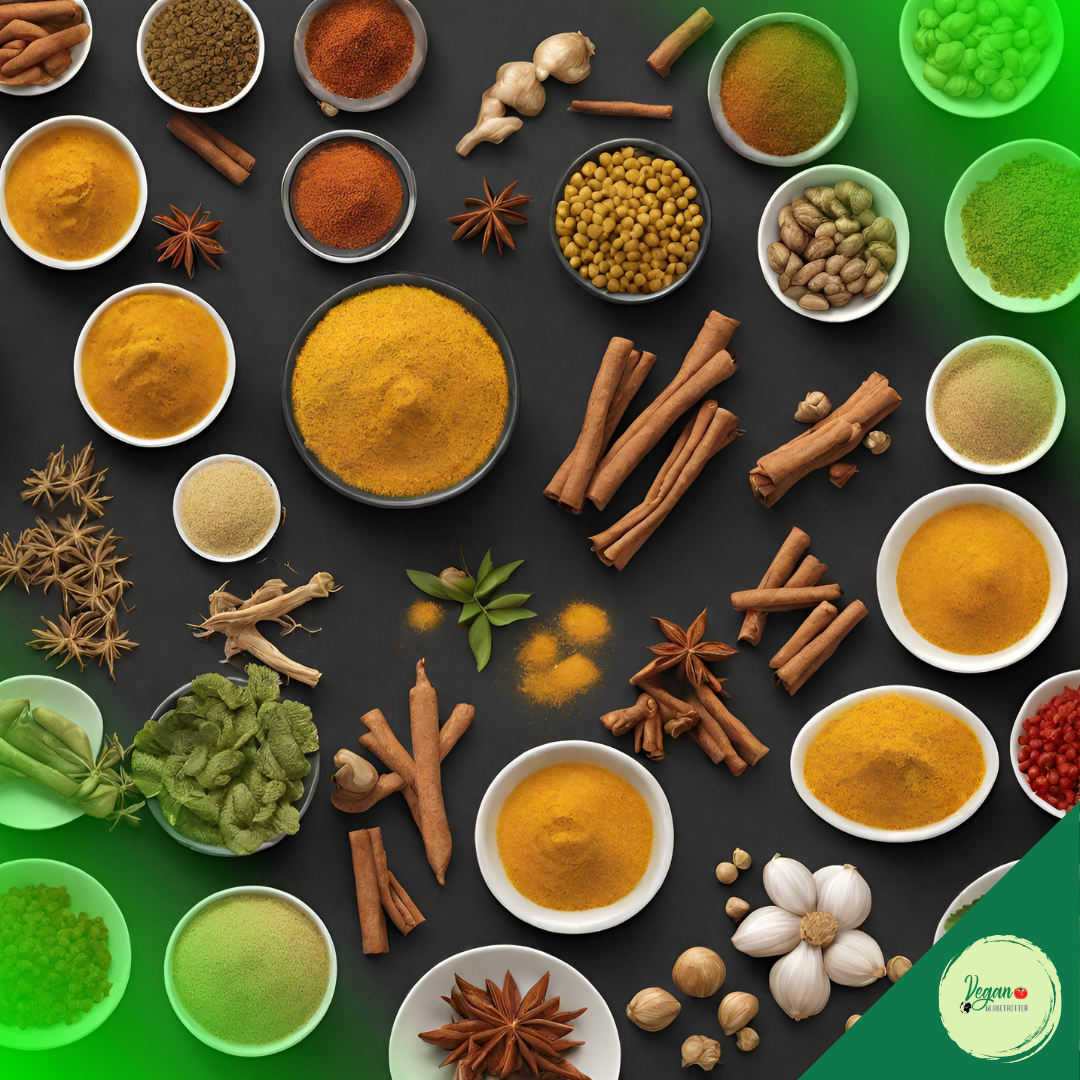
Key Takeaways
- Certain herbs have been identified for their potential to quickly lower blood sugar levels.
- Scientific research supports the efficacy of specific herbs in blood sugar management.
- Herbs should be used with an understanding of their effects and in consultation with healthcare professionals.
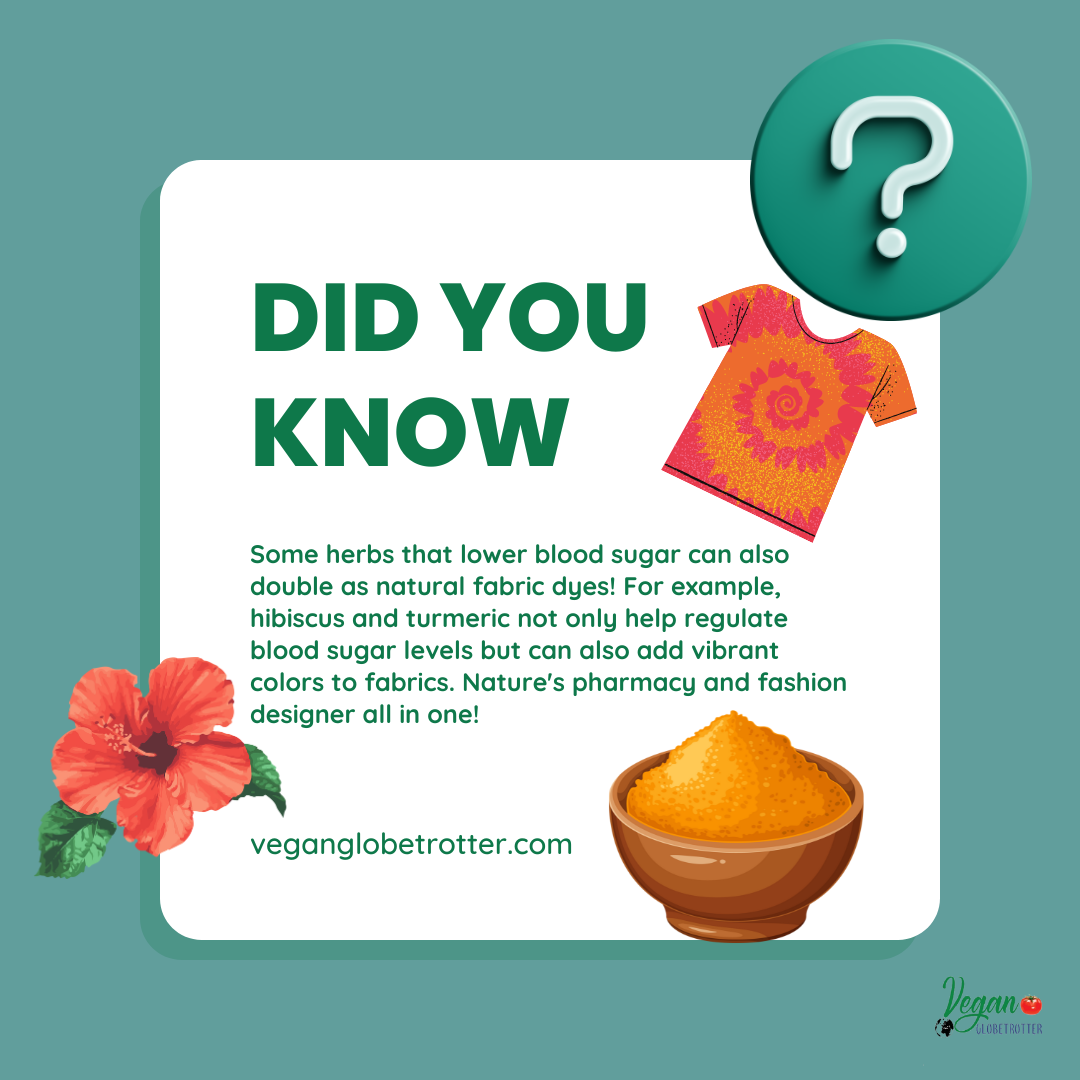
Understanding Blood Sugar and Herbs
Blood sugar, or glucose, is the primary energy source for the body’s cells and is obtained through food. The body’s ability to manage glucose levels is crucial for maintaining homeostasis, especially for individuals with diabetes. Herbs have been utilized for centuries in traditional medicine practices to support healthy blood sugar levels.
Key Herbs
- Fenugreek: Containing soluble fiber, it aids in slowing down carbohydrate digestion and absorption, which may help in regulating blood sugar levels. Research has highlighted fenugreek seeds as potentially effective in managing diabetes.
- Cinnamon: Known for its ability to decrease blood sugar and improve insulin sensitivity. It is considered one of the best herbs for aiding in the management of diabetes due to its bioactive components.
Common Medications
Medication Class Mechanism of Action Sulfonylureas Increase insulin release from the pancreas. SGLT2 Inhibitors Reduce glucose reabsorption in the kidneys. DPP-4 Inhibitors Improve insulin production and reduce glucose release.
Medications such as metformin are often the first line of treatment for type 2 diabetes, but herbs can serve as complementary approaches and might offer additional benefits. However, individuals should consult healthcare professionals before integrating herbs into their regimen to ensure safety and proper management of blood sugar levels.
It is important to note that while certain herbs have been observed to help lower blood glucose levels, they should not replace conventional treatments but rather be used in conjunction with them under professional guidance.
Cinnamon
Cinnamon is commonly associated with fasting blood glucose and sugar control. Studies suggest that the spice can aid in lowering fasting blood sugar levels. It is thought that cinnamon may mimic insulin, thus increasing glucose uptake by cells.
Ginseng
Ginseng, particularly North American ginseng, has been found to enhance blood sugar and glucose control, by increasing insulin production and improving blood glucose uptake. It’s an adaptogen that may help the body manage stress and metabolic regulation.
Berberine
Berberine is a compound extracted from several plants and is widely studied for its potential in lowering blood glucose levels. It works by influencing various biochemical pathways involved in glucose metabolism and insulin sensitivity.
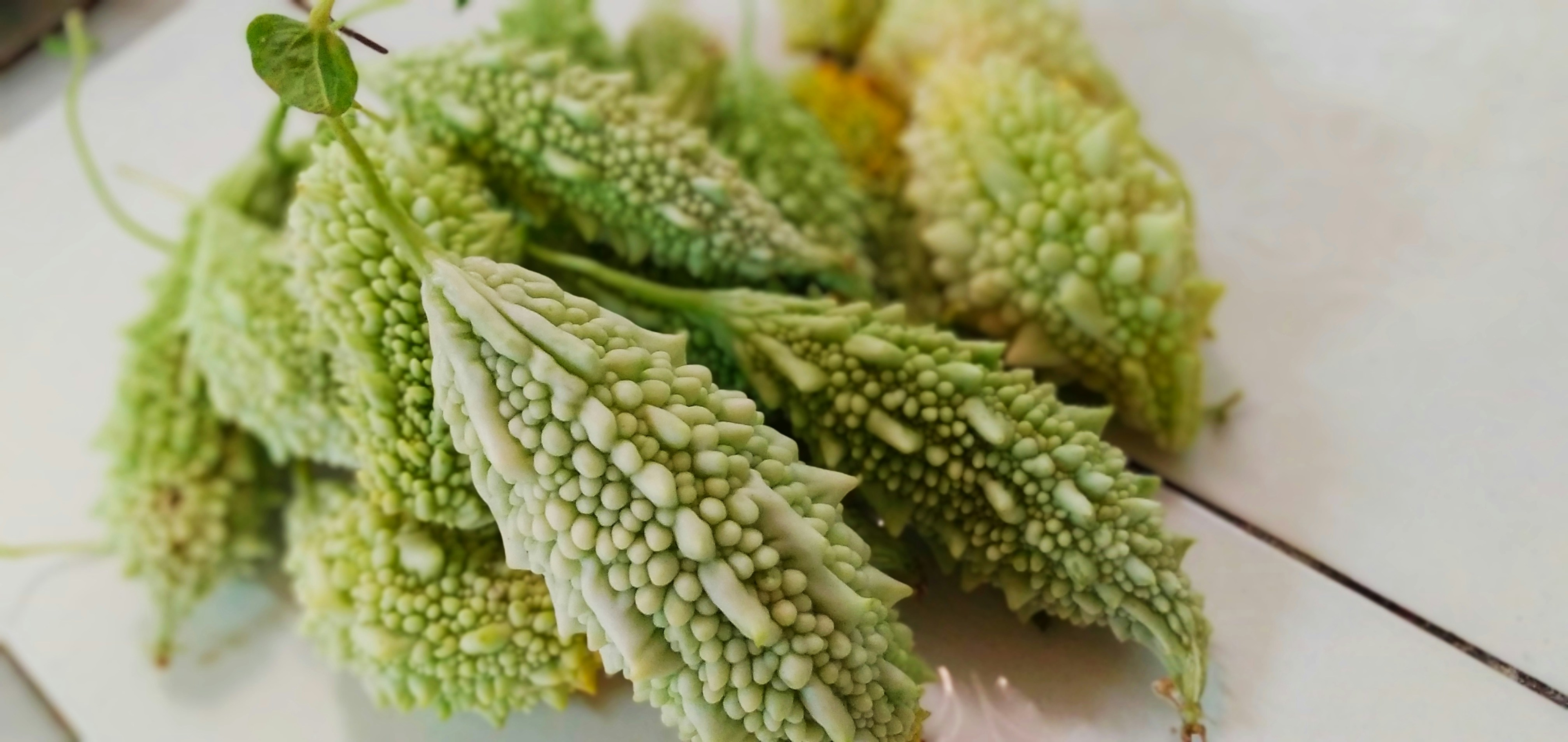
Photo by Misty Rose on Unsplash
Bitter Melon
Bitter melon contains compounds that act like insulin, helping cells to take up glucose and aiding in the maintenance of blood sugar levels post-meal. It may also improve the way the body stores sugar and breaks down carbohydrates.
Scientific Evidence on Herbs and Blood Sugar Control
Recent studies have shown promising results regarding the use of herbs in controlling blood sugar levels in individuals with diabetes. A systematic review reveals that certain herbs and dietary supplements may exert hypoglycemic effects and offer a traditional and complementary medicine approach to blood glucose management.
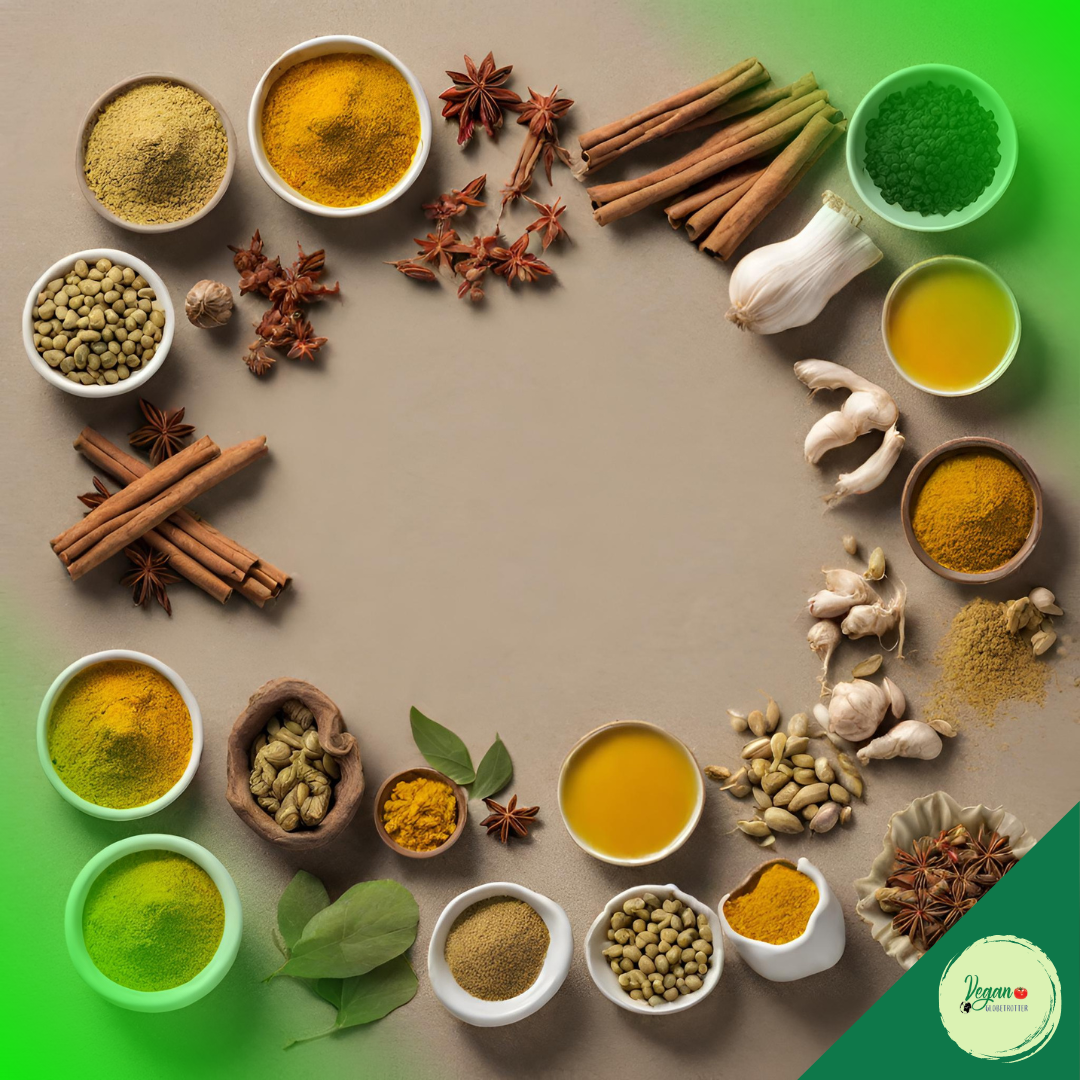
Herbal Combination
One such study suggests a specific herbal combination as being effective in the reduction of HbA1c by 1.31%, indicating its potential as a supportive treatment for diabetes. The detailed outcomes of the research are accessible via the National Center for Biotechnology Information (An Effective Study).
Singular Herbs on Blood Sugar
In addition to this combination, singular herbs have also been evaluated for their impact on blood sugar control. An update on natural compounds has highlighted the role of herbs in controlling insulin resistance and their potential in lowering elevated blood sugar levels. This information can be further explored through another article hosted on NCBI (Blood Sugar Control with Herbs).
Herb Effect on Blood Sugar Herbal Blend Reduction in HbA1c by 1.31% Insulin-Resistance Focused Herbs Assists in lowering blood sugar levels
Moreover, a systematic review of the medicinal properties of plants used in Southeast Asia adds to the evidence, showing clinical relevance of plant-based treatments in diabetes management across various human studies (Review on Medicinal Plants).
Research highlights the significance of these natural remedies but also underscores the need for rigorous clinical trials to better ascertain their efficacy and safety.
How to Use Herbs Safely for Blood Sugar Control
When incorporating herbs into your regimen prescription medicines for managing blood sugar, it is essential to understand that they should complement, not replace, standard diabetes treatment. Below are guidelines for using herbs safely:
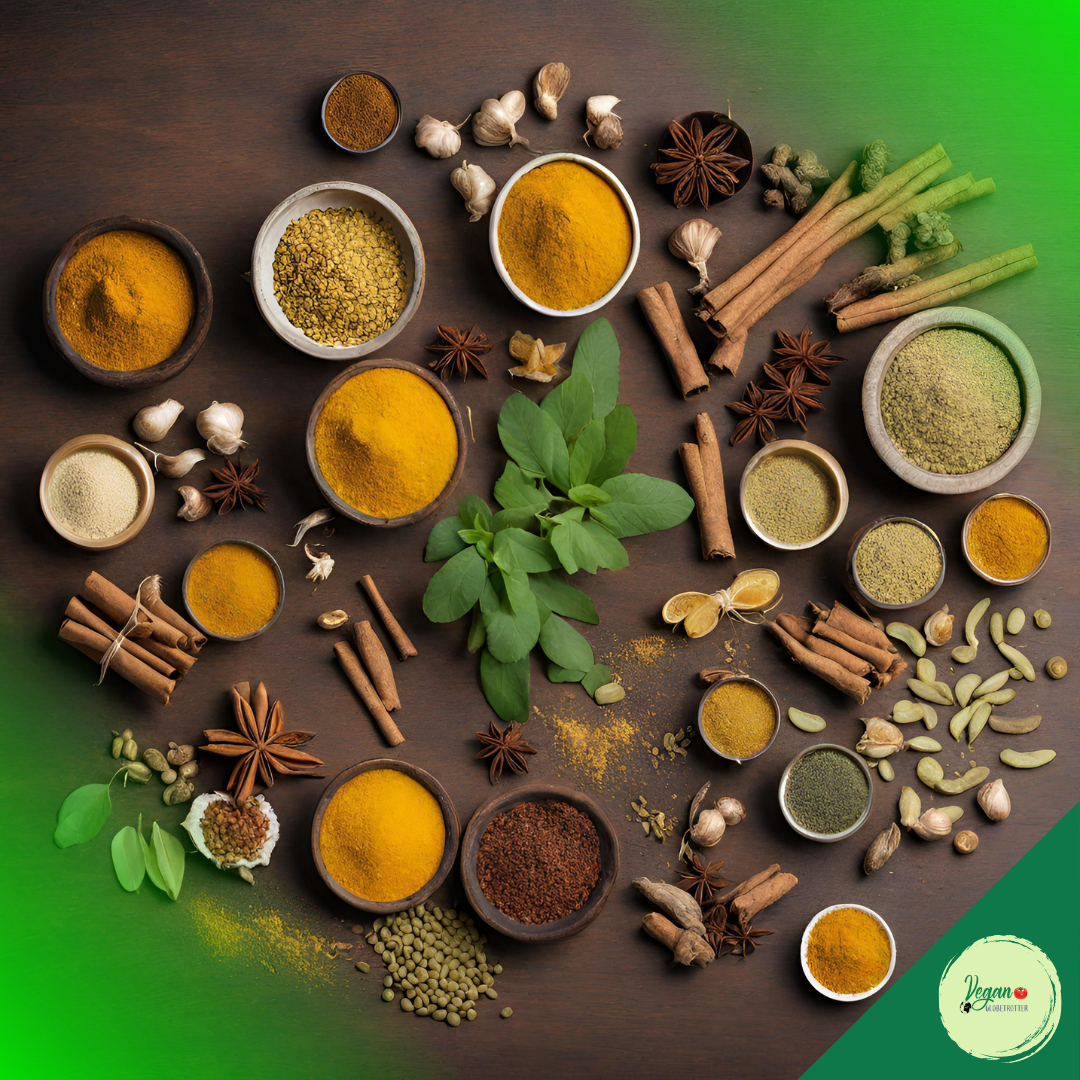
- Consult Healthcare Providers: Before starting any herbal therapy, one must consult with their doctor or a certified herbalist. It ensures that the herb does not interfere with existing medications or conditions.
- Quality of Herbs: Individuals should opt for high-quality herbs, preferably from reputable sources. This minimizes the risk of contamination and ensures efficacy.
- Dosage and Preparation: Stick to the recommended dosages on the product label or as advised by a healthcare provider. Overconsumption may lead to negative side effects.
- Monitoring: Regular monitoring of blood sugar levels is critical when using herbs for blood sugar control. This allows for adjustments in dosages or discontinuation if necessary.
Examples of Herbs Used for Blood Sugar Control
Herb Common Method of Use Fenugreek Seeds or powdered form Ginseng Tea or extract Cinnamon Added to foods or as a supplement Bitter Melon Juices or extracts
Each herb has its own health benefits, and should be used wisely. For instance, studies suggest that fenugreek seeds are high in soluble fiber, which can lower blood glucose levels.
In summary, herbs can be a valuable addition to blood sugar control when used responsibly and in collaboration with healthcare professionals.
Effective blood sugar regulation involves a multifaceted approach including specific, healthy diet choices, regular physical activity, and stress management. These strategies work collaboratively to maintain optimal blood glucose levels.
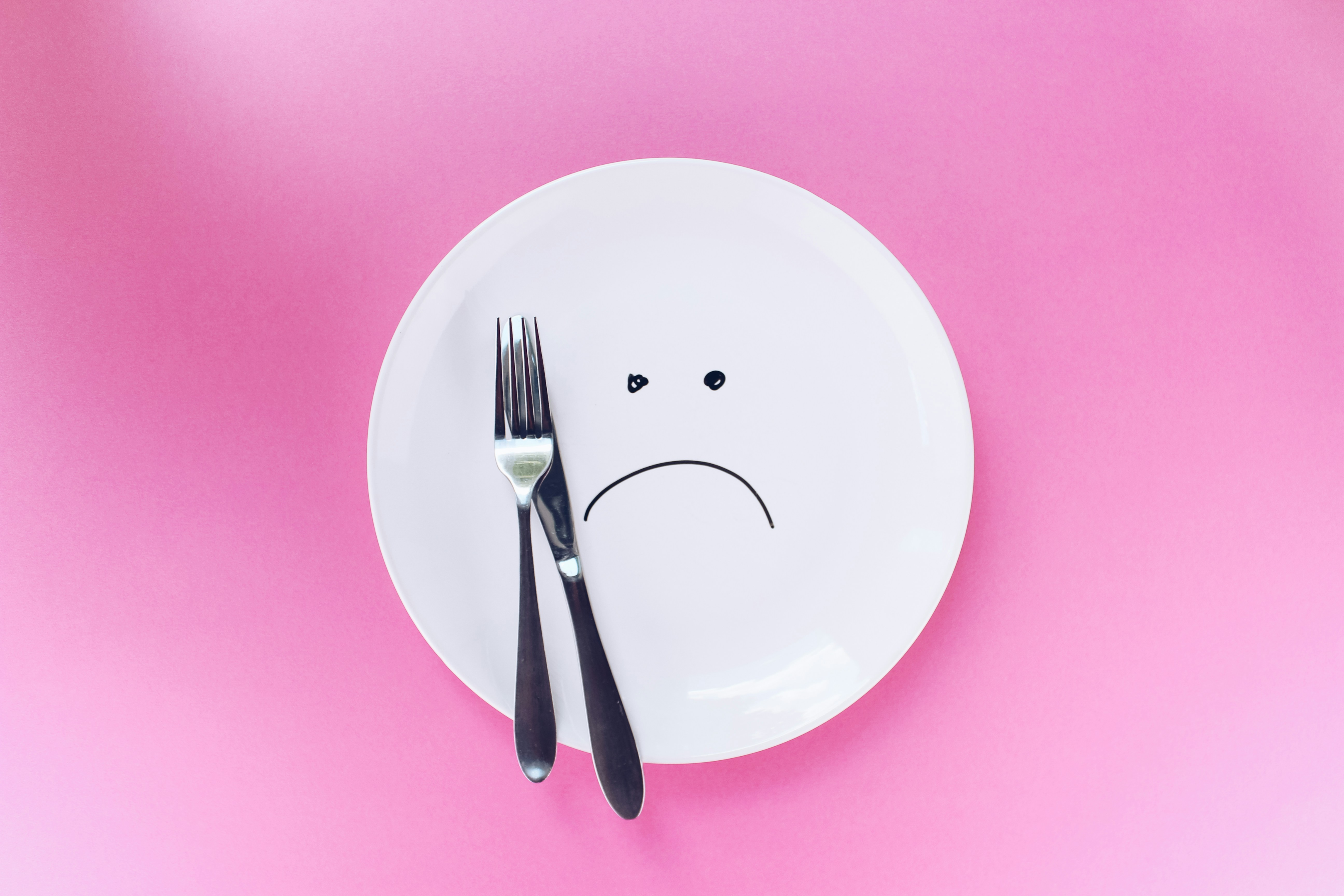
Photo by Thought Catalog on Unsplash
Dietary Considerations
A person can make significant strides in blood sugar management by choosing foods with a low glycemic index, which have a smaller impact on blood glucose levels. Incorporating whole grains, leafy greens, and lean proteins into meals is beneficial. For instance, studies have indicated that fenugreek seeds can slow down the digestion and absorption of carbohydrates, aiding in blood sugar control. It is also helpful to minimize intake of simple sugars and refined carbohydrates that cause rapid spikes in blood sugar.
Physical Activity and Exercise
Engagement in regular physical activity is crucial for blood sugar regulation. Exercise increases insulin sensitivity, which means cells can use available sugar more effectively. Adults should aim for at least 150 minutes of moderate-intensity exercise per week, such as brisk walking or cycling. Additionally, incorporating resistance training a couple of times a week can assist in maintaining muscle mass, which is important for metabolic health.
Integrating Herbs into Your Diet
Incorporating herbs into one’s diet may aid in blood sugar management, and there are practical ways to do so. Individuals seeking to leverage the blood sugar-lowering effects of certain herbs can start by including them in their daily meals.
Fenugreek Seeds
Fenugreek seeds are high in soluble fiber. They can be added to recipes or soaked overnight and consumed the next morning. To easily incorporate fenugreek, one might sprinkle the seeds onto salads or blend them into smoothies.
Garlic
Raw garlic has potential benefits for blood sugar levels and can be incorporated into diets with ease. It can be finely chopped and added to dressings, sauces, or as a garnish on main dishes.
For those who enjoy warm beverages, particularly teas, cinnamon can be a flavorful addition to green tea. A cinnamon stick added to a cup of tea may impart both flavor and blood sugar-regulating properties.
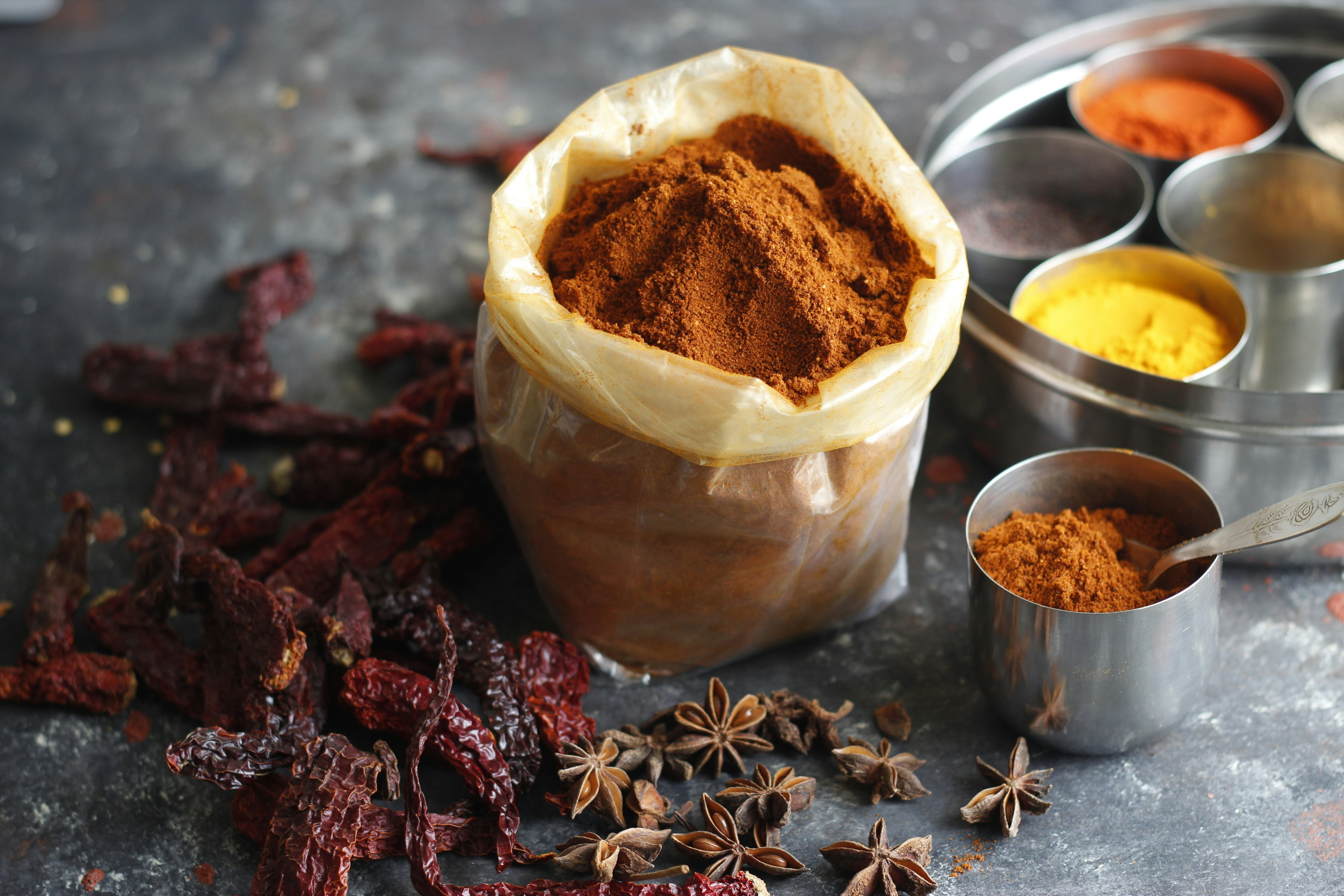
Photo by Prchi Palwe on Unsplash
Turmeric
The active compound curcumin in turmeric is known for its anti-inflammatory and potential blood sugar-regulating effects. Incorporating turmeric into cooking is simple and can enhance the flavor of various dishes. You can add Turmeric to soups, stews, and curries, providing both taste and potential health benefits.

Photo by Joanna Kosinska on Unsplash
Cinnamon Tea
In addition to incorporating cinnamon into warm beverages, creating a cinnamon tea is a delightful and healthful way to enjoy its potential blood sugar-regulating properties. Simply steep a cinnamon stick in hot water for a soothing tea that can be consumed throughout the day.

Herb Suggested Use
Fenugreek: Sprinkle seeds on salads, blend in smoothies
Garlic: Chop in dressings, sauces, use as garnish Cinnamon Add sticks to teas or sprinkle powder on dishes
Herbal Supplements
One might also consider the use of herbal supplements, but one should consult healthcare providers first, as some herbs can interact with medications or may not be suitable for certain health conditions. If medications like Metformin or Januvia are part of one’s regimen, we should take care to avoid potential interactions.
Incorporating these herbs into meals and beverages, not only enhances flavor but may also contribute to better blood sugar control. However, it’s important to remember that lifestyle changes should be part of a comprehensive approach to health, rather than relying solely on herbs.
Potential Side Effects and Interactions
When using herbs to lower blood sugar levels, it’s crucial to recognize that these natural remedies can cause side effects and interact with other medications. Each herb’s effect may vary by individual due to personal health factors.
- Hypoglycemia: Herbs such as Gymnema and fenugreek may potentiate insulin secretion, increasing the risk for low blood sugar especially when used with other diabetic medications.
- Gastrointestinal Distress: Metformin, although not an herb, is a common diabetic medication that may have side effects such as nausea or diarrhea. Certain herbs may have similar effects.
- Liver Interactions: Herbs like milk thistle may interact with medications processed by the liver, potentially leading to altered drug levels.
Users must consult a healthcare provider before incorporating new herbs into their regimen. This ensures a personalized approach that takes into account all current treatments and individual health status. Pregnant or breastfeeding women should exercise particular caution, as the safety of many herbs for these populations is not well established.
Consultation with Healthcare Professionals
Before individuals consider using herbs to lower blood sugar levels, they should consult healthcare professionals. This ensures personalized and safe recommendations that complement existing treatments for chronic diseases or conditions.
- Physician or Endocrinologist: A primary care physician or an endocrinologist can provide advice on integrating herbal remedies with current diabetes management plans.
- Registered Dietitian: They specialize in creating balanced dietary plans that incorporate medicinal herbs known for blood sugar support.
- Pharmacist: Pharmacists have detailed knowledge about potential interactions between prescription medications and herbal supplements.

Common Considerations for Herbal Interventions:
- Allergies: Ensure that one is not allergic to the herb in consideration.
- Medication Interactions: Some herbs might interact with diabetes medications like metformin or insulin.
- Pregnancy: Certain herbs are not safe during pregnancy or breastfeeding.
- Research and Efficacy: Some herbs do not have conclusive research backing their efficacy, such as fenugreek seeds, which scientists and researches believe lower blood glucose by slowing down digestion.
- Standardization and Dosing: Herbal remedies lack standard dosing guidelines. Professional guidance helps determine the appropriate dosage.
Patients should always disclose their full medical history, current medications, and overall health goals with their healthcare provider. Taking this step is crucial to avoid any adverse health effects and to ensure that any prescribed herbal supplements are done safely and effectively.
Herbs That Lower Blood Sugar Fast a Must in Everyone’s Diet
The inclusion of herbs that lower blood sugar fast can be a valuable addition to everyone’s diet, particularly for those looking to proactively manage their blood glucose levels. These herbs, known for their potential to influence insulin sensitivity and aid in controlling blood sugar, offer a natural and holistic approach to health.

Incorporating these herbs into daily meals not only adds variety and flavor but also provides a proactive and enjoyable way to support blood sugar management. However, it is essential to approach dietary changes with consideration for individual health conditions, and consulting with a healthcare professional can ensure a well-rounded and personalized approach to overall well-being.
Frequently Asked Questions
In exploring natural ways to manage blood sugar, several herbs that lower blood sugar fast, have surfaced with the potential to influence glucose levels. These frequently asked questions aim to provide clarity on how these natural substances work and their efficacy.
Which Natural Herbs Reduce Blood Sugar Levels Effectively?
Can Herbal Remedies Rapidly Decrease High Blood Glucose?
What Are Some Proven Home-Made Drink Recipes That Help in Controlling Blood Sugar?
Home-made drinks incorporating ingredients like apple cider vinegar and lemon juice mixed with water have been suggested to aid in blood sugar control when consumed before meals. However, it’s important to consult with healthcare providers before trying new remedies.
Are There Spices That Can Help Manage Diabetes by Lowering Blood Sugar?
Is There a Role for Berberine in Regulating Blood Sugar, and How Does It Compare to Other Herbs?
Berberine is known to be as effective as certain pharmaceuticals in regulating blood sugar, making it a powerful herbal option for some individuals with type 2 diabetes. However, its effects and appropriate dosage should be reviewed with a healthcare provider.
Apart From Their Primary Uses, Do Any Herbs Known to Increase Blood Pressure Also Affect Blood Sugar Levels?
Some herbs that can raise blood pressure may also impact blood sugar levels. For example, licorice has a compound known to elevate blood pressure and could interfere with blood sugar control. It is crucial for patients with diabetes to carefully monitor their intake of such herbs.
Are There Any Potential Side Effects With Using Herbs to Lower Blood Sugar?
While herbs like cinnamon, fenugreek, ginseng, and others are in general safe when we use it in moderation, some individuals may experience allergic reactions or interactions with medications. It is advisable to consult with a healthcare professional before incorporating these herbs into your diabetes management plan.
Remember, individual responses to herbs can vary, and it’s essential to approach natural remedies as part of a holistic diabetes management strategy under the guidance of healthcare professionals.
Follow Our Socials
Discover the Awesome World of VeganGlobetrotter!
We’ve got cool stuff on different social media apps. Check out tasty recipes and travel tips on Instagram. Talk about interesting things and make friends on Twitter. Watch fun videos and learn cool stuff on YouTube. Hang out with us on Facebook for a friendly community and cool ideas. It doesn’t matter if you’re new to being vegan or you’ve been doing it for a while.
VeganGlobetrotter’s social media has something for everyone who likes yummy food and cares about the planet. Follow us on all the apps for a super fun and easy way to be vegan! 🌱✈️ #VeganGlobetrotter #YummyVeganLife


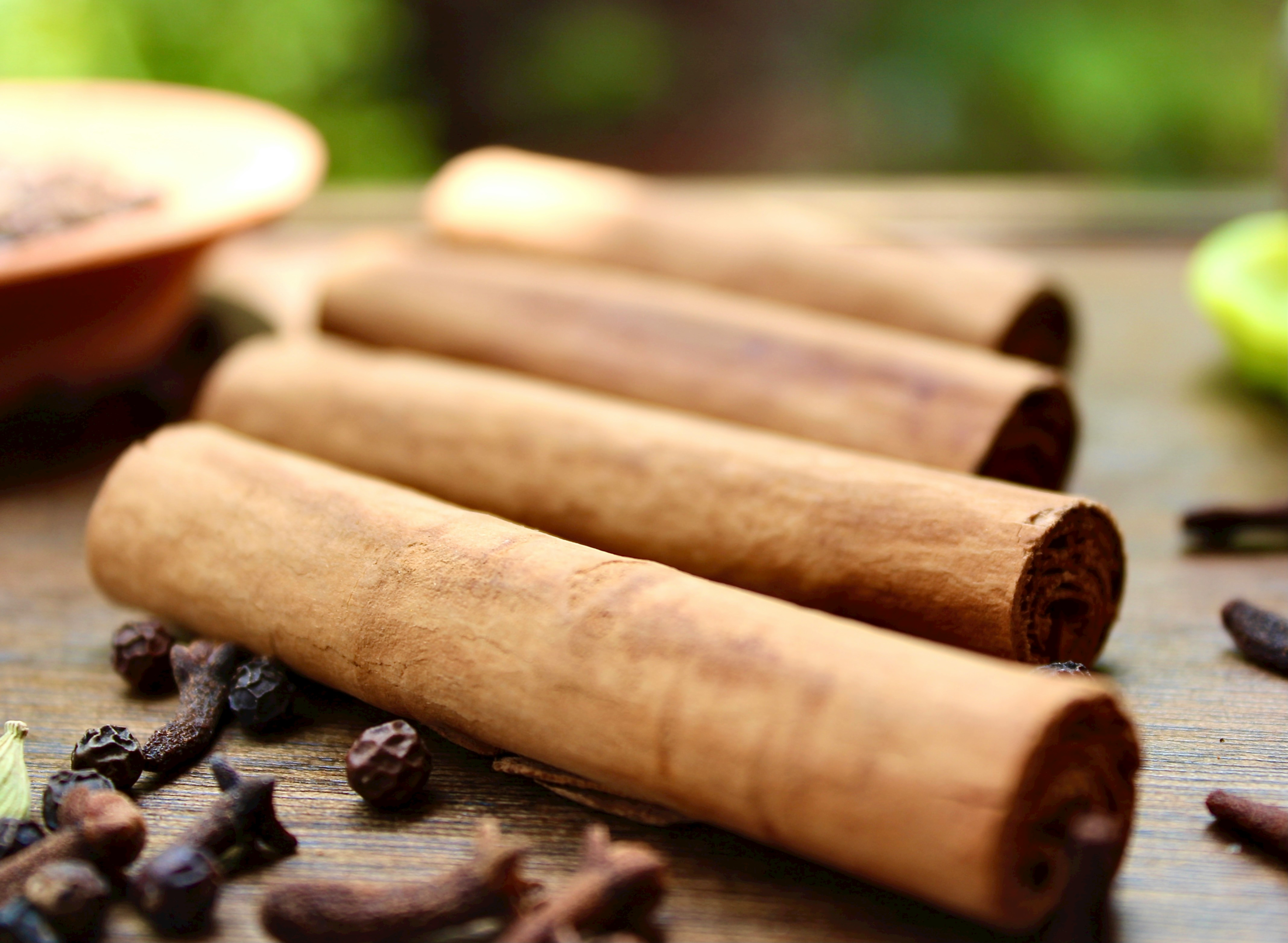
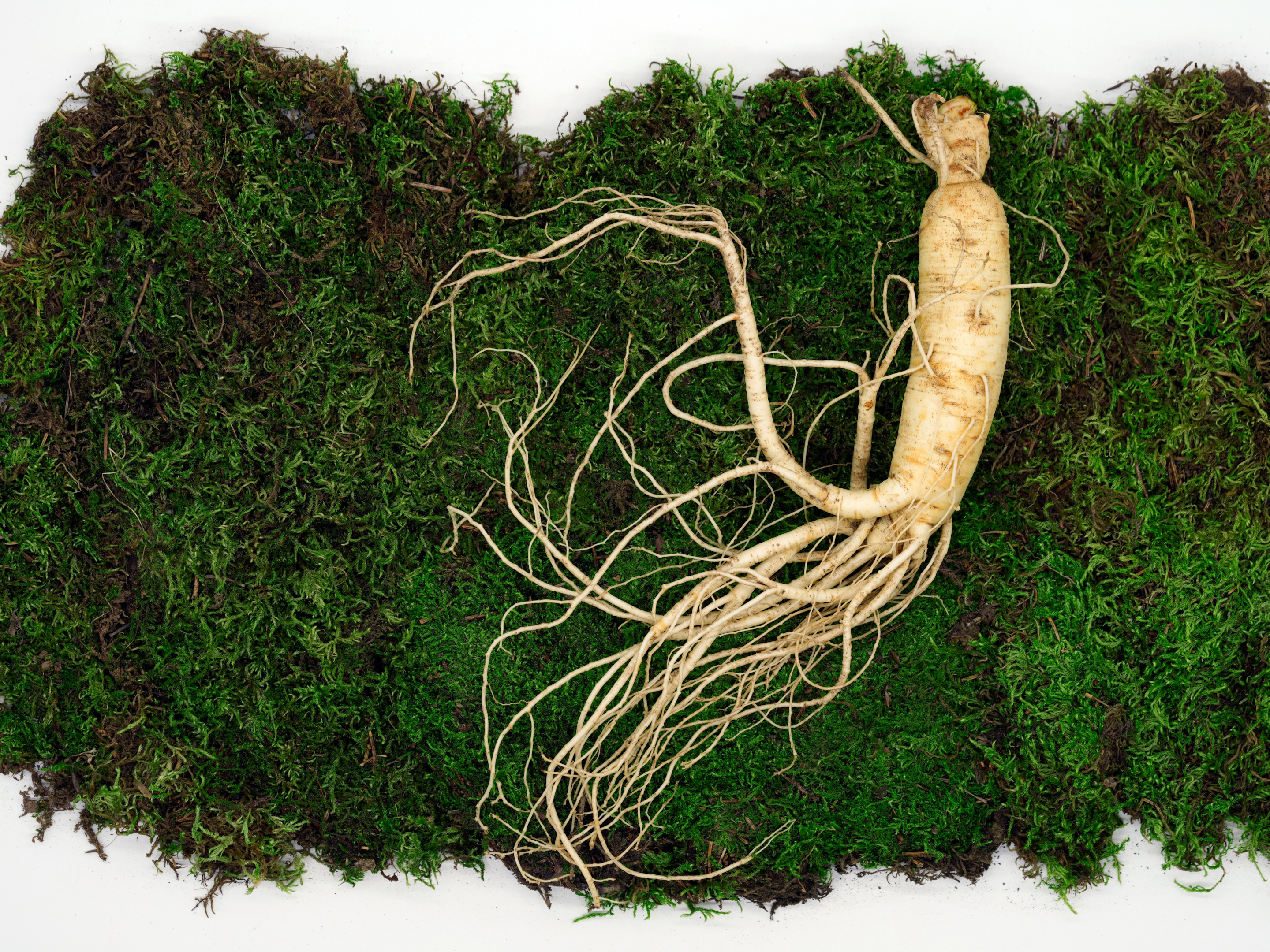


Your insights have been incredibly helpful, thank you.
You are welcome!